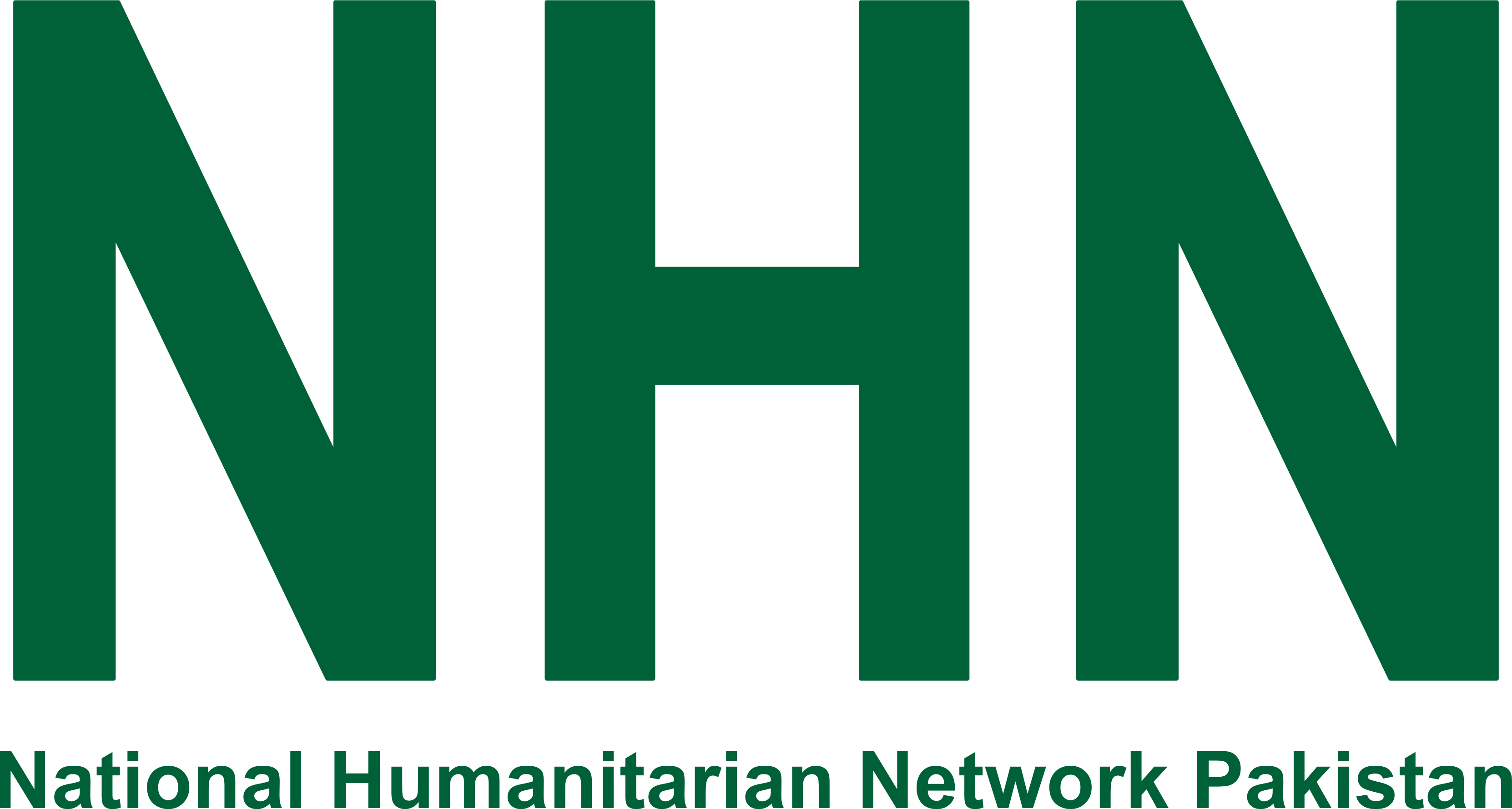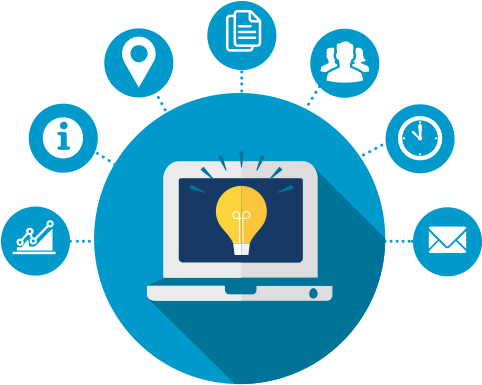Knowledge Management
The practice of disaster related information management in this country is largely reactive. It is mostly after a disaster and seldom during the preparedness phase that any mapping of physical and human capacities of the humanitarian resources is carried out. This leads to humanitarian coordination in general being flawed and the acknowledgement of national NGOs role in particular being underrated. Similarly, in terms of qualitative knowledge about good humanitarian and resilience-building practices, little organized and structured documentation is undertaken. It has been observed that the humanitarian actors often end up reinventing the proverbial wheel when faced with humanitarian challenges, despite good practices having been successfully implemented in the past. NHN is considering to commission research into specific sectoral, hazard-specific or management research studies to promote humanitarian work in the country.B NHN, as the premier coalition of national non-governmental humanitarian bodies is desiring to undertake the task of codifying and documenting the knowledge, in addition to regularly mapping and updating the resources.B This mapping, when superimposed upon the hazard and vulnerability maps prepared by the government, provide an essential complement to the realm of humanitarian preparedness and response, supporting the recognition of the contribution by the NHN members to the development and resilience of the communities. To address this objective NHN has developed digital resource center to leverage access to information through humanitarian platforms/networks for increased coordination and collaboration. Initially, it will be more aligned to capacity building and information sharing for NHN member; however, in later years the system will be fully utilized to capture internal evidence base, by systematically documenting good practices and lessons learned around NHN as network. NHN is aiming to enable local organizations, individuals and humanitarian community to retrieve desired information, which is more authentic and reliable, and to approach humanitarian actors when required through the database available on DRC. This multi-purpose web portal alongside equipped with discussion board features galvanizes two-way communication. Hence, the effort will transform conventional web portal beyond active learning and sharing resource. NHN aims that the DRC shall be adopted as ONE HUMANITARIAN RESOURCE CENTER for HUMANITARIAN COMMUNITY in the Region. NHN is foreseeing to bridge communication and coordination gap through digital resource center.
NHN Digital Resource Center


